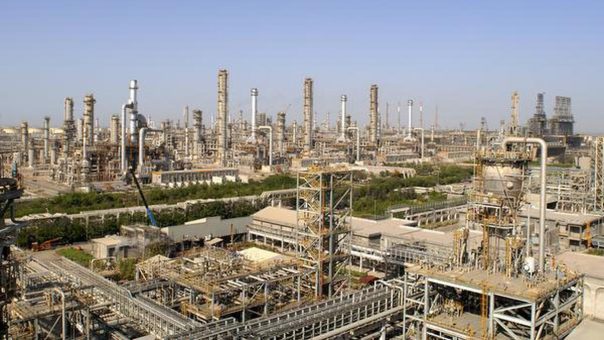By Irina Slav
South Sudan has resumed production from the Toma South oilfield, Reuters reports, quoting the Oil Minister of neighbor Sudan, Azhari Abdulqader. Production at the field was suspended in 2013 amid Sudan’s bloody civil war.
The field is producing at a rate of 20,000 bpd, adding to South Sudan’s overall daily average of 130,000 bpd, which should reach 210,000 bpd by the end of the year after a production restart at another five fields, adding yet another 80,000 bpd to the total.
After years of conflict, Sudan and South Sudan eventually reached an agreement to work together to exploit the oil riches of South Sudan, which got the bulk of the previously united country’s oil reserves, and Sudan, which is the home of the only pipelines that can ship South Sudanese crude to export markets.
In July, the two deployed a joint military force along their border to protect oil fields and pipelines from criminal activity. Earlier, in June, Sudan and South Sudan agreed to jointly repair oil infrastructure that was damaged during the bloody civil war that resulted in the split in 2011.
At the end of June, the warring factions in South Sudan signed the so-called Khartoum Declaration of Agreement, in which the parties to the South Sudan conflict declared a permanent ceasefire and the ministers of Sudan and South Sudan explored ways to rehabilitate the oil sector in South Sudan.
Before the civil war began, South Sudan produced 350,000 bpd of crude, and now the government is eager to boost production closer to this level. However, concern is growing among the population that South Sudan’s president is too interested in restoring oil production to care about the ongoing peace process.
The joint military protection of the oilfields is also worrying: “While everybody appreciates the efforts made by President al-Bashir to bring peace to South Sudan, it is clear that his desire to see the resumption of oil production far overshadows the peace process. So long as Sudan can secure the oilfields, they may not mind if we continue to fight in other areas,” said a representative for South Sudan’s civil society at the June talks that resulted in the Khartoum Declaration of Agreement.
Source: Oilprice.com








